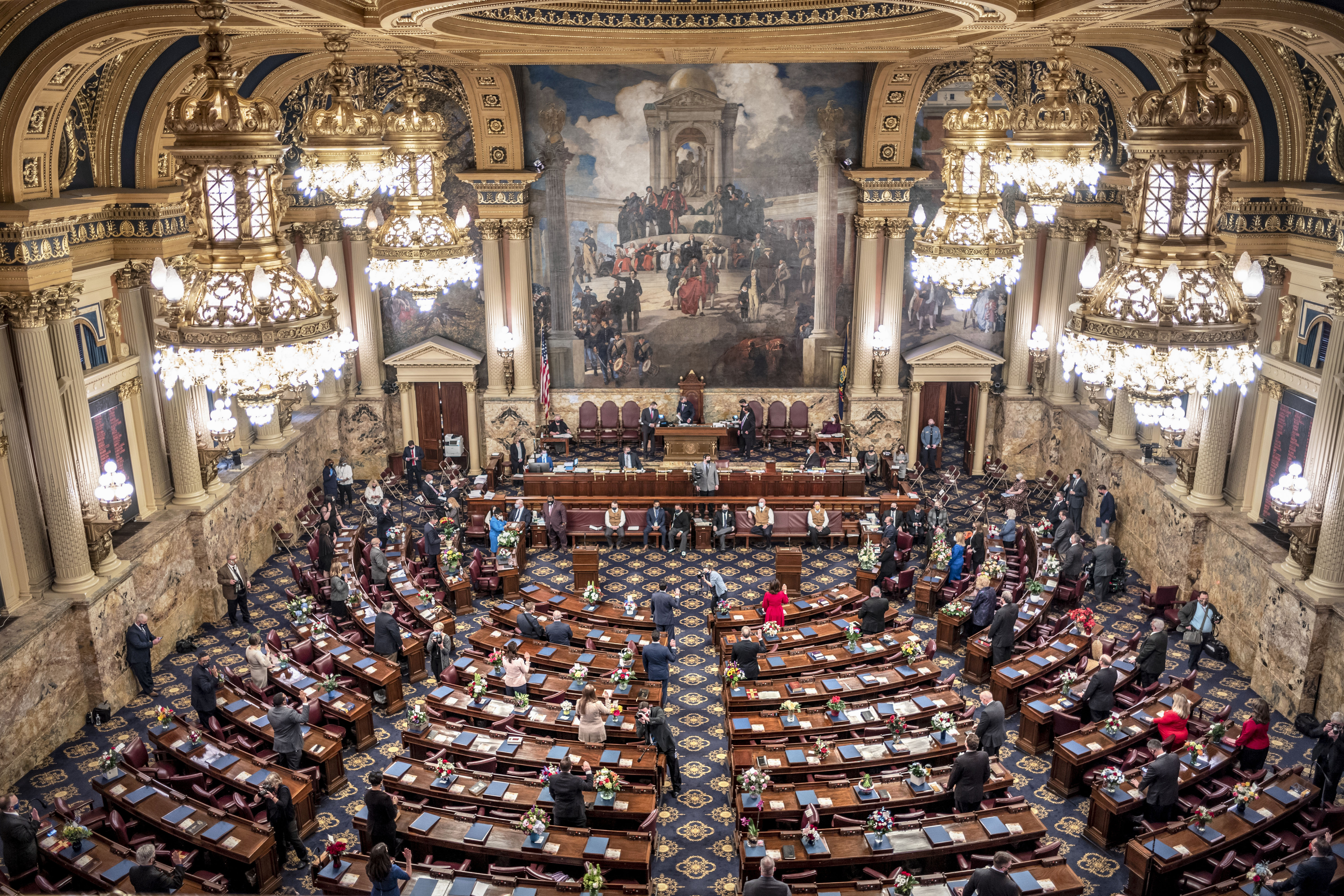
What to Know
- Pennsylvania’s state Senate is attempting to overhaul how probation is handled, in an effort to clamp down on people being stuck on an endless probation cycle or being sent back to jail for minor violations.
- Wednesday's 46-4 vote sends the bill to the House of Representatives, where a previous Senate bill died without a vote last year.
- The bill limits the length of probation sentences and the circumstances under which a nonviolent offender on probation can be sent to jail, part of a nationwide reconsideration of probation and parole measures.
Pennsylvania’s state Senate on Wednesday approved legislation to overhaul how probation is handled, in an effort to clamp down on people being stuck on an endless probation cycle or being sent back to jail for minor violations.
The vote, 46-4, sends the bill to the House of Representatives, where a previous Senate bill died without a vote last year.
The bill aims to limit the length of probation sentences and the circumstances under which a non-violent offender on probation can be sent to jail, part of a nationwide reconsideration of probation and parole measures.
Get Philly local news, weather forecasts, sports and entertainment stories to your inbox. Sign up for NBC Philadelphia newsletters.
State law does not limit the length of probation sentences and critics say non-violent offenders are often incarcerated for technical violations that aren’t crimes, disrupting their families and employment. It also disproportionately affects racial minorities, they say.
Sen. Nikil Saval, D- Philadelphia, said the bill makes improvements, such as prohibiting courts from punishing someone for not paying fines or court costs if they are found to be unable to afford it.
But, Saval said, a new set of requirements could blunt any benefits from the bill, while the bill still lacks necessary components of probation reform, including failing to put a cap on the length of a probation sentence and requiring the automatic termination of probation terms.
Pennsylvania is among the states with the highest rates of people under community supervision, according to federal statistics.
The case of rapper Meek Mill helped shine a light on it after he spent most of his adult life on probation — including stints in jail for technical violations — before a court overturned his conviction in a drug and gun case in Philadelphia.
Under the bill, probation review conferences would be required after certain periods of time, including three years for someone who committed a misdemeanor and five years for someone who committed a felony.
The defendants get a presumption that probation must end unless the defendant poses a threat to public safety, has not completed certain treatment or has not paid restitution under some circumstances.
Also, a judge can order an end to probation. Probation review cases can be held earlier for good behavior and the bill eliminates a provision — a probation sentence “to vindicate the authority of the court” — that gave judges wide latitude in extending probation.



